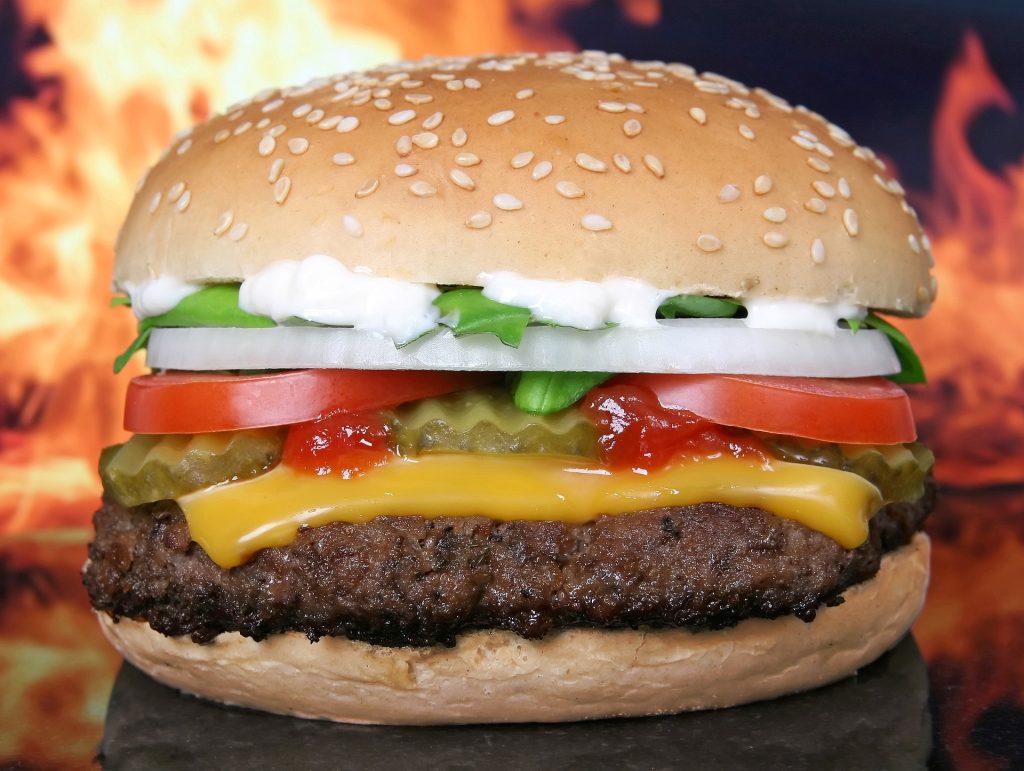According to fasting, a person refuses food for a period of 12 to 24 hours. There are quite a few fans of fasting among Hollywood stars: Beyoncé, Liv Tyler, Miranda Kerr, Tom Hardy and many others adhere to this kind of diet. We figure out whether it is really useful and whether it has a scientific basis.
What is fasting?
The essence of fasting is as follows: the day is divided into two time periods, during one of them a person eats, and the remaining time is starving. There are different schemes of fasting – from more or less light to quite radical. The most popular of them is 14/10, that is, 14 hours of fasting and 10 hours during which you can eat. There is also the 16/8 formula – when a person fasts for 16 hours and eats for 8. Relatively speaking, you can eat between 10 and 18, and the rest of the time – just drink water. Also to spend more time you can play at the Bet 22 Kenya website to change your attention to something else.
The 20/4 scheme suggests that you can eat only for four hours a day, and 24 – when eating is allowed only once a day, for breakfast.
What are the principles of the “fast diet”?

Michael Mosley offers a 5/2 option – that is, for five days, eat anything you want, and reduce the amount of calories consumed to 500 on the remaining two days. It does not matter which of the days you choose as unloading, exactly as the time of eating does not matter. That is, conditionally, you can only have breakfast, and then eat nothing for 12 hours before dinner, or vice versa – only have dinner, but not breakfast. Mosley’s idea is in conflict with the principles of the so-called fractional nutrition – eating 5-6 times a day in small portions. In addition, a sharp reduction in the number of calories for several days is fraught with breakdowns and overeating on ordinary days. Mosley himself advises in this situation to “keep sanity” and not overeat, as well as alternating regular and diet days if it is difficult to withstand two at once. In addition, there is no point in practising intermittent fasting without physical exertion.
Benefits of fasting

Fasting fans like to refer to the study of Japanese scientist Yoshinori Ohsumi, who received the Nobel Prize in Medicine and Physiology in 2016 for his work on the mechanism of autophagy, that is, the process by which a cell gets rid of defective proteins and organelles. While experimenting with baker’s yeast, Osumi found that the level of autophagy in a cell is directly related to the overall level of energy. Namely: during fasting, the body breaks down old or damaged proteins more intensively, turning them into a source of energy and growth.
Indeed, there are studies proving that food restriction in laboratory animals (rats, mice, hamsters) leads to an increase in their life expectancy, but it is absolutely incorrect to extend them to humans.
How is fasting related to biohacking?
Biohacking is an attempt to change the biology of the body in such a way as to live as long and efficiently as possible. People optimize sleep, nutrition, physical activity and constantly undergo medical examinations. Biohacking is especially popular in Silicon Valley.
It is difficult to say unequivocally whether it is harmful or not, but intermittent fasting is fraught, for example, with the appearance of problems associated with an eating disorder. In addition, a sharp deprivation of the body of energy in case of abuse can lead to a breakdown, hormonal disruptions and psychological problems with food.



